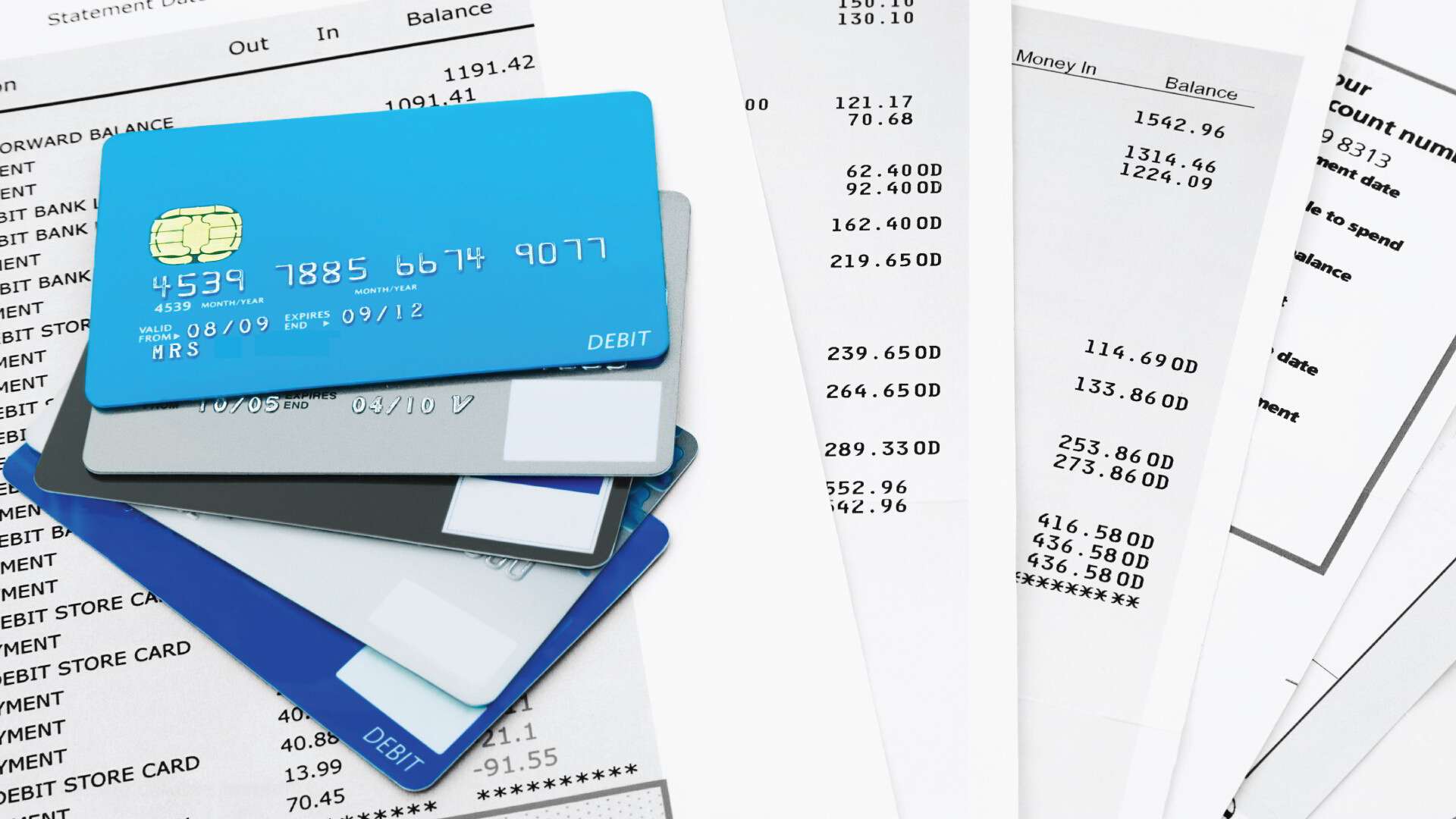

Finance
Inland Bill Of Lading Definition
Published: December 9, 2023
Find out the meaning of an inland bill of lading, its importance in finance, and how it affects the transportation of goods within a country.
(Many of the links in this article redirect to a specific reviewed product. Your purchase of these products through affiliate links helps to generate commission for LiveWell, at no extra cost. Learn more)
Inland Bill of Lading Definition and Its Significance in Finance
When it comes to the world of finance, there are many intricate terms and concepts that can sometimes seem overwhelming. One such term is the Inland Bill of Lading. But fear not! In this blog post, we will demystify this term and explore its significance in the realm of finance.
Key Takeaways:
- An Inland Bill of Lading is a legal document that serves as proof of shipment and ownership of goods during inland transportation.
- This document plays a crucial role in facilitating smooth financial transactions and mitigating risks for all parties involved.
So, what exactly is an Inland Bill of Lading? In simple terms, it is a legal document that serves as proof of shipment and ownership of goods during inland transportation. Whether it be by road, rail, or any other means, the Inland Bill of Lading provides crucial information related to the goods, their origin, destination, and the parties involved in the transportation process.
Now, let’s delve into why the Inland Bill of Lading is of utmost significance in the world of finance:
Secure Financial Transactions:
The Inland Bill of Lading plays a vital role in ensuring secure financial transactions between buyers and sellers. By serving as proof of shipment and ownership, it gives confidence to parties involved that the goods have indeed been transported and are in transit. This document acts as a legal safeguard for both buyer and seller, minimizing the risk of fraud and providing a sense of assurance throughout the financial transaction.
Reduced Financial Risks:
Another important aspect of the Inland Bill of Lading is its role in reducing financial risks. By clearly outlining the terms and conditions of the transportation agreement, including responsibilities, liabilities, and delivery timelines, this document helps to mitigate potential disputes and reduces financial uncertainties. In cases where goods are damaged or lost during transit, the Inland Bill of Lading helps determine liability and aids in the resolution of insurance claims.
Overall, the Inland Bill of Lading is a critical component of financial transactions involving the transportation of goods. It ensures secure transactions, minimizes risks, and provides a transparent framework for all parties involved. As businesses continue to operate in an increasingly global and interconnected world, understanding the significance of this document is essential for anyone involved in finance.
So, the next time you come across the term Inland Bill of Lading, you’ll have a clear understanding of its definition and significance in the realm of finance. Remember, this document serves as the backbone of secure and risk-free financial transactions, making it a crucial aspect of the finance industry.














